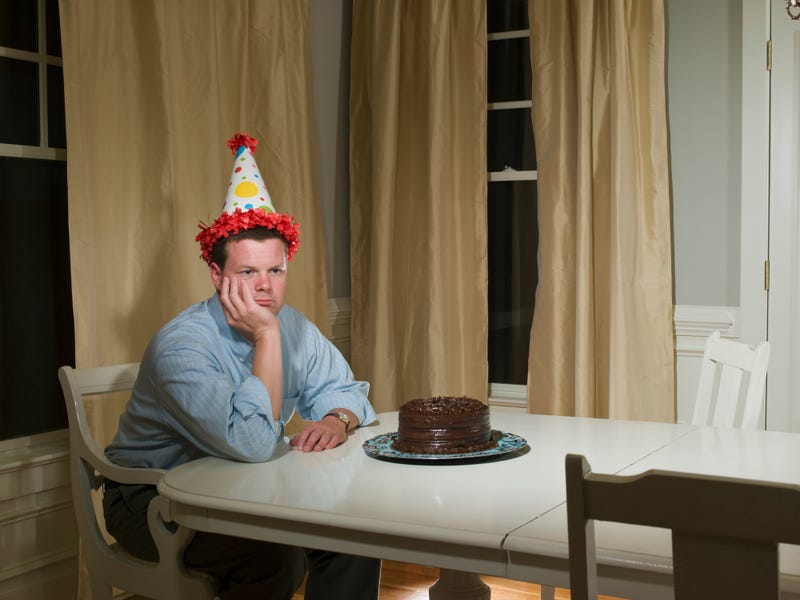
Men considered middle-aged and younger are more lonely now than at any point in several decades.
That’s according to a new study in Psychology Today that also predicts that men of a certain age won’t become any less alone in the near future.

The report cites three separate factors that attribute to this growing state of aloneness, starting with one of the prevailing ways many singles find each other nowadays: Dating apps.
In a study that spanned 32 countries conducted in 2015 by GlobalWebIndex, a research firm, researchers discovered that around 90 million people used dating apps like Tinder, but the majority of users were men, as much as 62%.
For men seeking a heterosexual relationship, having a dating app’s userbase skewed that far in favor of one sexual preference severely limits the chances of finding a match.
Breaking the numbers down even further, while men swipe “like” on potential female matches about 46% of the time, women only like what they see enough to let their finger do the talking about 14% of the time, according to estimates by the New York Times.
The study also singles out a few traits women between the ages of 25 and 45 have said they value: good communication skills, similar values and emotional availability. It surmises that men who weren’t taught how to treat and talk to women from a young age are finding few prospective romantic options when looking for that special someone.
So how can a modern man leave the ranks of the unintentionally single?
In the study, family psychologist Greg Matos writes that men need to learn to communicate effectively and prioritizing “intimacy, romance and emotional connection as worthy of your time and effort.” And above all, men must care for their own mental health, even seeing a therapist if necessary.
“Ultimately, we have an opportunity to revolutionize romantic relationships and establish new healthy norms starting with a first date. It’s likely that some of these romances will be transformative and healing, disrupting generational trauma, and establishing a fresh culture of admiration and validation,” Matos wrote.

